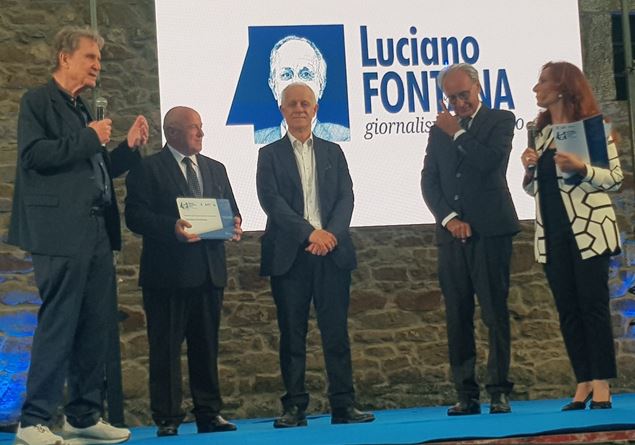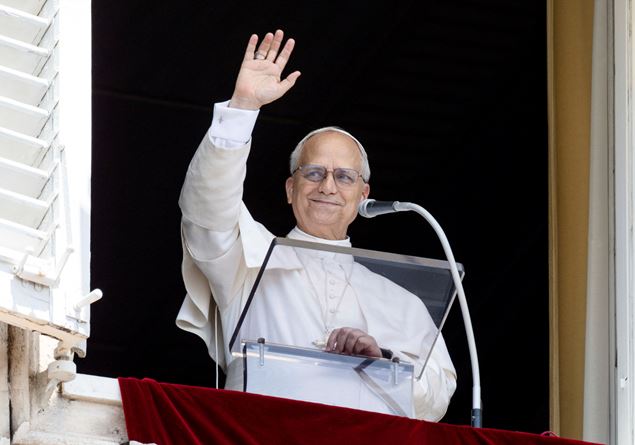From 31 March to 3 April the second synodal assembly was held in Rome for the approval of the document for the joy to be full in 50 propositions, which however considered them inadequate. A third assembly has been convened, which will vote on the new document on October 25, and moved the assembly of bishops from May to November. We publish the “first floor” of the director of Christian family which will be released on the new issue of the weekly.
by Don Stefano Stimamiglio
All postponed and jumped programs. Perhaps he is right here, in this unexpected, the prophecy emerged last week in the synodal journey of the Italian Church. Started in 2021 and arrived at the third and final “prophetic” stage (after the “narrative” and “sapiential” ones), he saw almost a thousand people among diocesan delegates, members of the Synod Committee, bishops and guests gathered in Rome in the second synodal assembly. It has made the weakness of a rethinking and reprogramming its strength. Almost a “constructive weakness”, which emerged from the ability to review one’s path, not to be hostage to time times and programming. The ability of the bishops, specifically, to listen to the people of God, represented by that assembly who in fact asked for the revision of the 50 propositions, fruit and synthesis of the third “prophetic” phase of the synodal path, but prepared too quickly due to the little time available (the synthesis from the diocese had only arrived at the end of February), too synthetic, too oriented to “do” and too little developed from their “. Above all with regard to the priorities highlighted by the groups who have worked hard in these days: role of women, educational environments, young people, formation of catechists and adults, Christian initiation, care of fragile people, pastoral advice, integral human development, integration of people in particular affective situations.
If the aim is to offer Christian communities in Italy concrete guidelines in line with what emerged in the gigantic interlocution and questioning work with the territory of these four years, it takes more time; It is necessary, in continuity with what has been done so far, to elaborate texts that reflect more than the spirit has brought out. If we are really in a historical phase of passage, a new way of thinking as a church and acting as a result. “New wine in new stars” (Luke 5:37), this asked for the assembly and this welcomed the bishops, as stated in the final motion, devoted to almost unanimity, to continue “to grasp the signs of the action of God in the” vintage change “with the purpose of relaunching and orienting the ecclesial path of missionary conversion”. The text of the propositions, which brought the title to be full, is now entrusted to the Presidency of the National Committee of the Synod Way because, together with the Committee and the facilitators of the study groups, they provide the final editorial staff “by welcoming amendments, priorities and contributions that emerged”. Not a failure. Rather, something similar to what happened in the Second Vatican Council when in 1962 the first text on the church was rejected to arrive, taking time, to the splendor of the lumen gentium. A precedent that bodes well.











